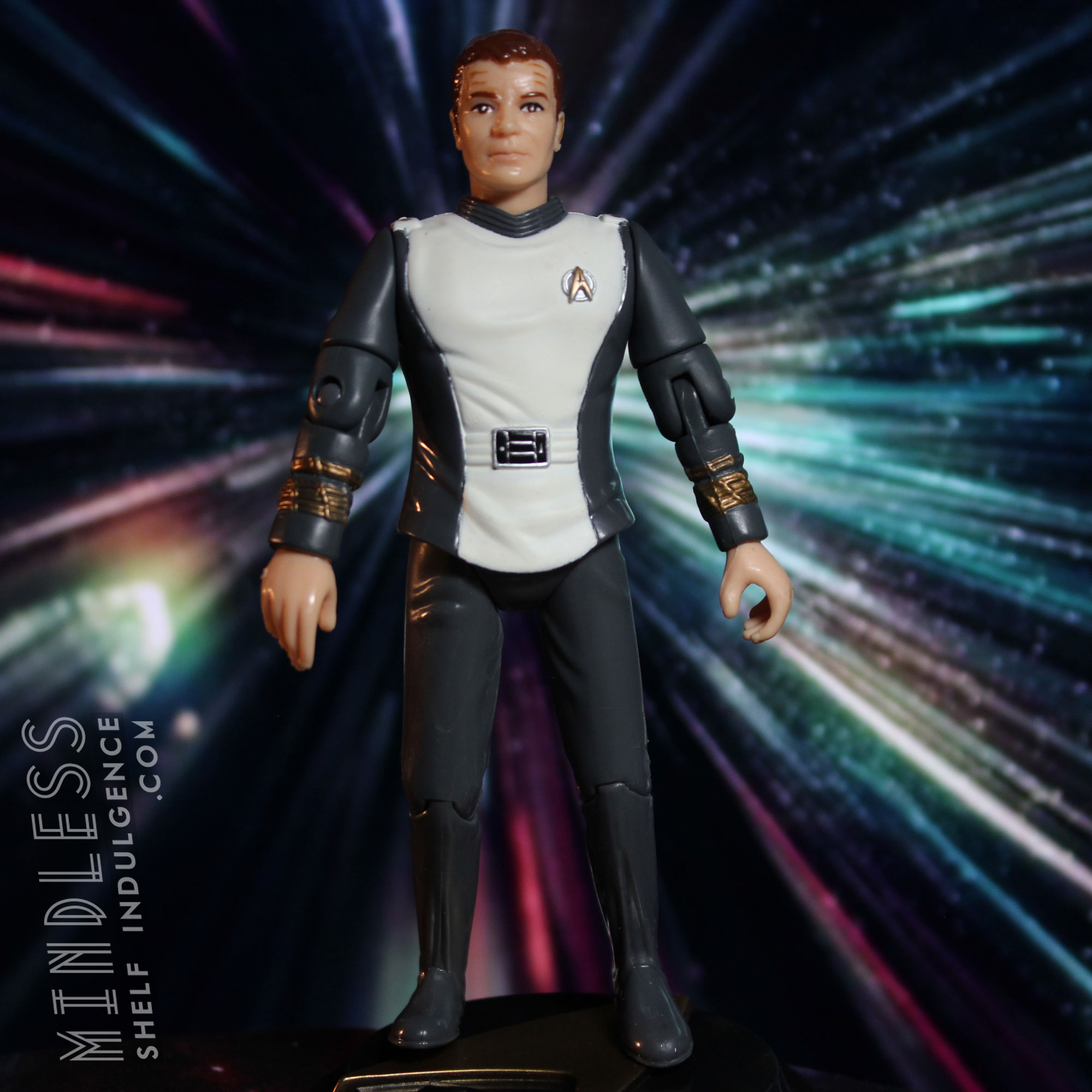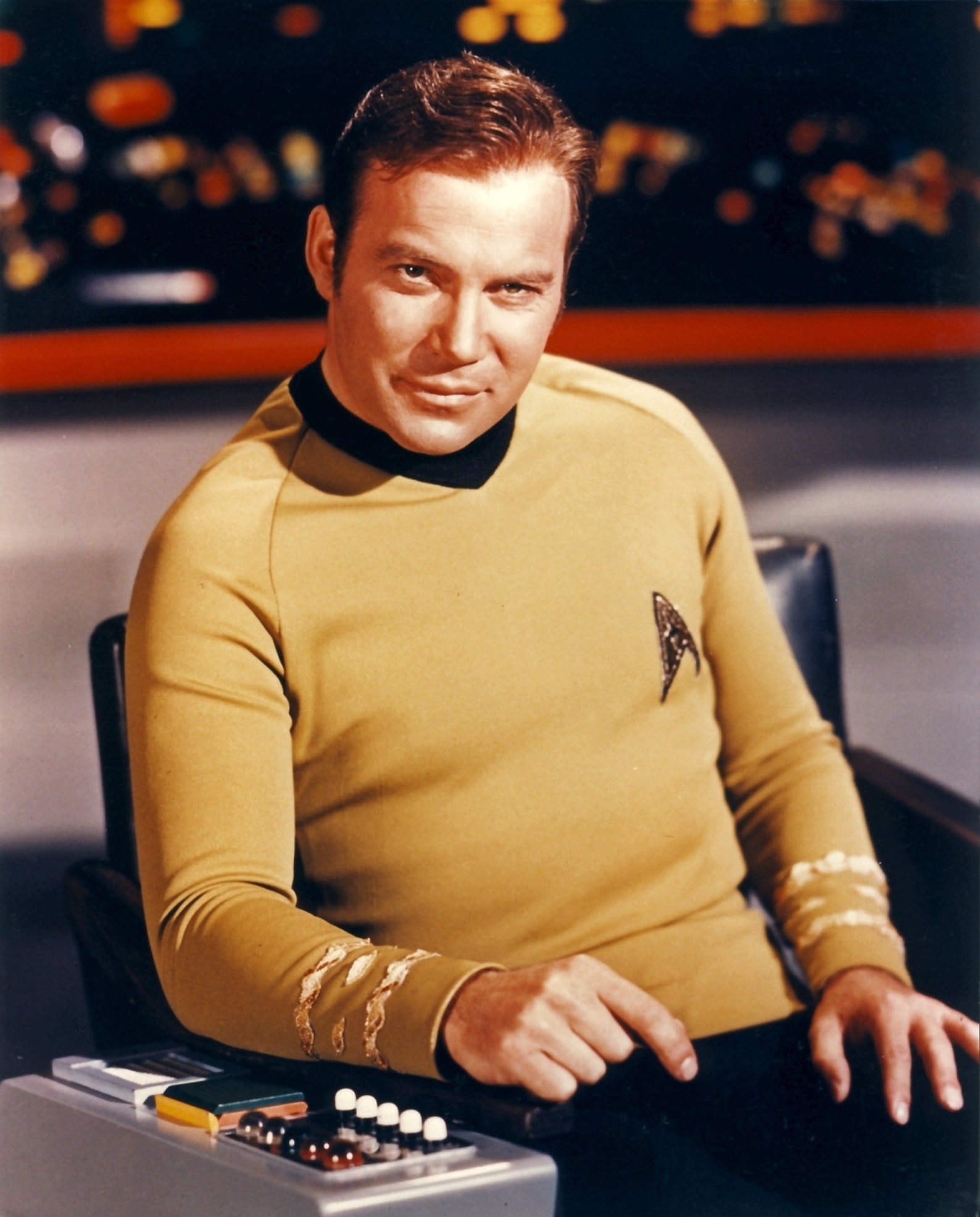

It is historically, culturally and situationally determined, thus heroes of one era may prove to be villains in another time when controverting evidence emerges yet some heroes endure across the centuries.įurthermore, Franco, Blau and Zimbardo also offer a working or “operational” set of criteria for defining the “heroic”: Heroism is a social attribution, never a personal one yet the act itself is often a solitary existential choice. It seems likely that the contradictory nature of heroism is precisely what makes it compelling. We often feel that while we as individuals would like to achieve heroic status, this goal must be a remote possibility reserved for an elect few with special skills or luck. Heroism is frequently viewed as an apex of human behaviour watching a heroic act is compelling - literally commanding our attention. In their article “ Heroism: A Conceptual Analysis and Differentiation between Heroic Action and Altruism” the psychologists Franco, Blau, and Zimbardo suggest that:
#ADMIRAL JAMES T KIRK SERIES#
This essay sets out to discuss this and to understand Kirk as a benchmark for “heroism” in popular cultural terms, also asking just how heroic is he and what are the cultural traditions around heroism that Star Trek appropriates? Over the course of this article I will be referring exclusively to the components of the Star Trek universe across which the heroic Kirk character and mythos is developed and (de/re)constructed: the original series (1966-1969) the original film franchise (1979-1991) and the recent JJ Abrams cinematic reboots (2009-2016). But how may we further understand and define “heroism” and unpack it in televisual terms? How does Star Trek, as a cultural text, frame and interrogate the problematic and often contradictory concept of heroism, filtering its inquisitions through the character of Captain Kirk? From a casual perspective, Jim Kirk embodies the most normative of heroic values: bravery, romance, adventure, leadership, nobility, instinctiveness as well as a penchant for recklessness (in the Season 1 episode “The Corbomite Maneuvre” he is also shown to be something of a gambler, bluffing of the alien, Balok, that the Enterprise is loaded with the non-existent substance Corbomite). Kirk, of the USS Enterprise, has always been the most iconic and quintessential of television heroes and furthermore, possibly the most recognisable and identifiable as such. This puts him under the command of Science Officer Spock, reversing the Kirk-Spock command structure from Star Trek: The Original Series in what feels like a little wink to fans.For this writer, Captain James T. However, unlike his father and brother, who both went into command, Sam is a science officer specializing in life sciences. James' senior by about 10 years, Sam followed the footsteps of their father, George Kirk Sr., by joining Starfleet. George Samuel "Sam" Kirk is James Tiberius Kirk's older brother. Who is Samuel Kirk? Fans of Star Trek: The Original Series likely already know, but if you're in the dark, we're here to help you out.

Samuel Kirk (played by Dan Jeannotte) who shows up on the bridge at the end of the episode. Kirk, especially since they know that the series has cast Paul Wesley in the role. Star Trek fans might immediately think that this is a young James T. Kirk, whom Pike personally requested, from the crew. The show's debut episode had a little fun with Star Trek fans.

Star Trek: Strange New Worldspremiered on Paramount+ last week, and the second episode is on the way.


 0 kommentar(er)
0 kommentar(er)
